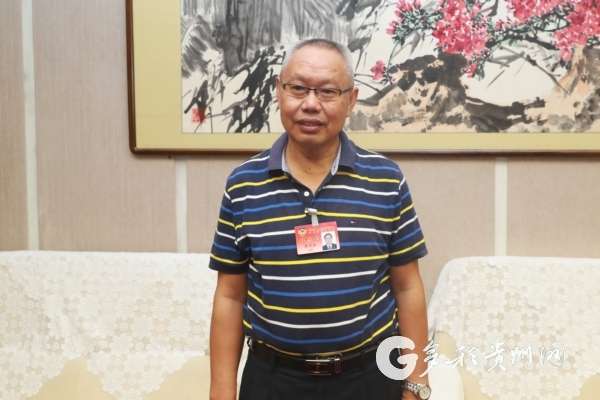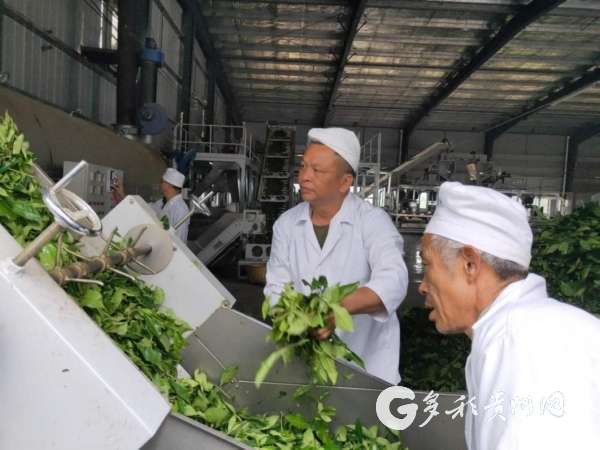NPC deputies and CPPCC members focus on rural industrial revolution


Huang Zonghong, member of the CPPCC National Committee, chair of Jiusan Society's Guizhou provincial committee, vice president of Guizhou Academy of Agricultural Sciences, and chief rice breeding expert. [Photo/gog.cn]
The deputies to the National People's Congress (NPC) and members of the Chinese People's Political Consultative Conference (CPPCC) National Committee from Southwest China's Guizhou province have achieved great successes as they prepared suggestions for a rural industrial revolution.
Huang Zonghong, member of the CPPCC National Committee, chair of Jiusan Society's Guizhou provincial committee, vice president of Guizhou Academy of Agricultural Sciences, and chief rice breeding expert, has increased output of rice per mu (1mu = 0.07 hectares) from 700 to 988 kilograms.
In recent years, Huang has helped to select and breed various strains of high-yielding rice, which now cover a planting area of over one million mu in and around Guizhou, increasing grain production by more than 500 million kg, and bringing an economic benefit of 700 million yuan ($98.52 million).
Huang has prepared three proposals for enhancing agricultural science and building teams of technological talents in grassroots units, supporting mountain areas to develop high efficiency agriculture, and strengthening conservation of agro-ecology germplasm resources.

Zhou Shaojun (middle) and villagers work at tea processing factory. [Photo/gog.cn]
Zhou Shaojun, deputy to the NPC National Committee and Party branch secretary of Datun village in Tongren, has helped encourage and guide the villagers in the development of the local tea industry.
The village, which was selected as a provincial-level demonstration area, has currently planted 2,300 mu of tea and become well-known for its tea industry. Zhou plans to propose to the NPC session to help Datun village develop its own industrial brand.
MOST POPULAR
- 1 China to give visa-free treatment to another 9 countries
- 2 China fully opens manufacturing sector to foreign investors in landmark opening up move
- 3 China's import expo attracts record-breaking participating countries, exhibitors
- 4 China's door opening even wider to foreign visitors, businesses
- 5 China revises rules to ease foreign strategic investment in listed firms
Editors' Picks
 Video:
Peru sees new port open
Video:
Peru sees new port open
 Infographic:
China's public holidays for 2025
Infographic:
China's public holidays for 2025
 Infographic:
Basic facts of APEC
Infographic:
Basic facts of APEC
 Infographic:
Wrapping up the 7th CIIE: Data recap
Infographic:
Wrapping up the 7th CIIE: Data recap



